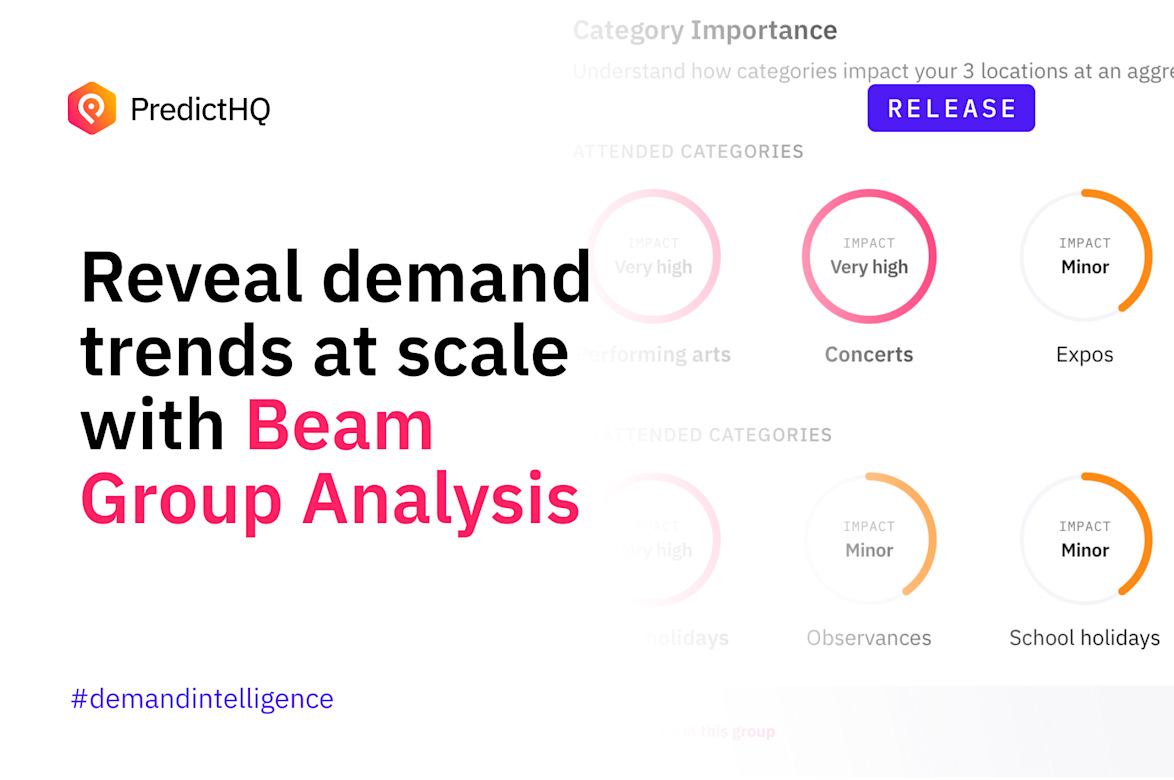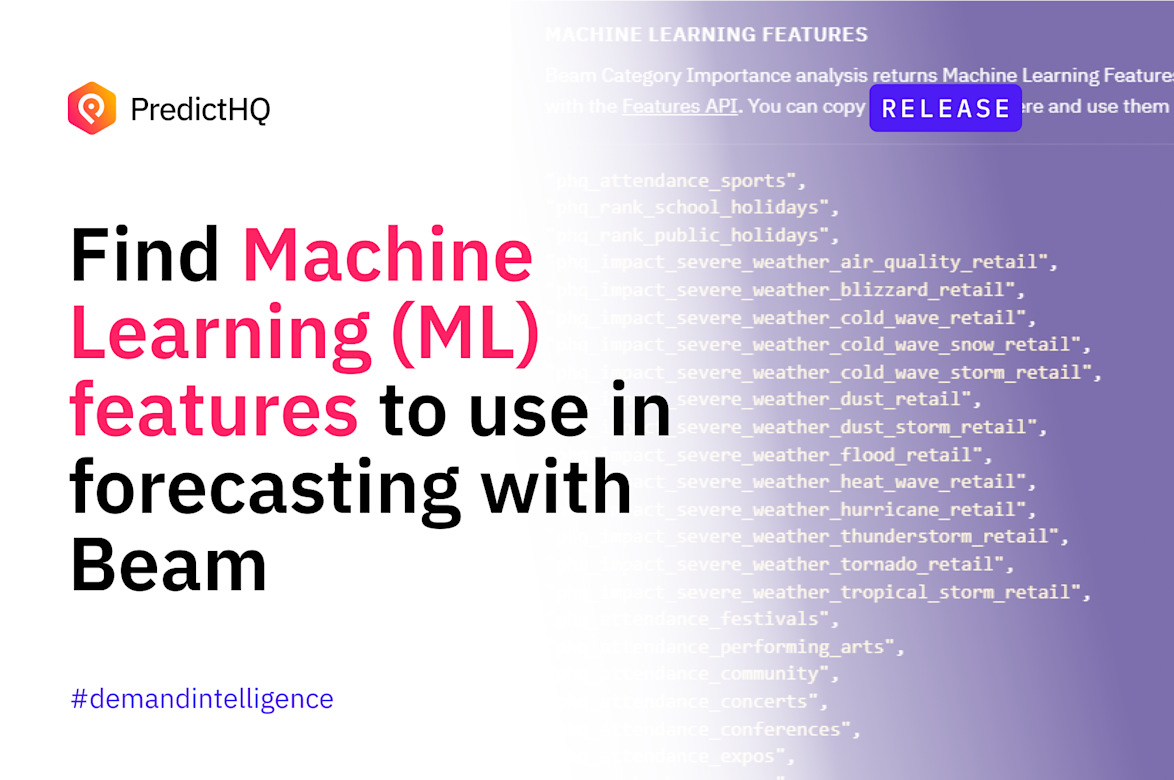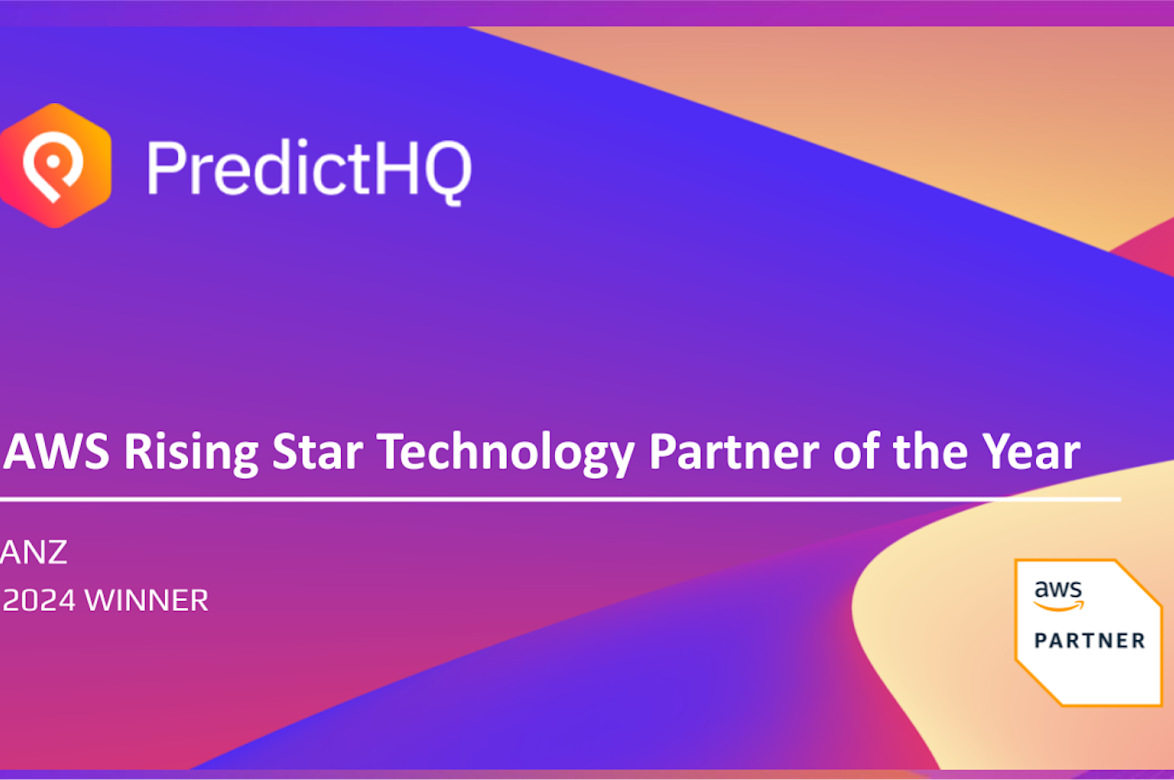How parking companies streamline inventory management with enriched event data

Growing revenue opportunities in the parking industry
The Parking Management Market is on track to surpass $58.9 billion by 2030, up from $32.6 billion in 2019 (ResearchReportsWorld). The demand for parking management is expected to flourish in the coming years as the result of an expected increase in the construction of urban, mixed-use development, and other commercial and residential projects.
Plus, COVID 19 continues to influence how people travel, with people opting to use their own vehicle more than public transportation whether that be to and from work, a baseball outing with the family, or anything in between. Once the pandemic started, demand for event parking all but disappeared– but by summer 2021, had recovered to pre-pandemic levels.
For example, in 2021 on opening day at Wrigley Field, they only allowed for 25% of their maximum seat capacity to purchase tickets and attend the game– but the demand for parking was the same as when they allowed 100% seat capacity (National Parking Association). This trend suggests COVID has influenced a reduced reliance on public transport, and that we’ll likely see an increase in individuals driving themselves to and from events for the foreseeable future.
As the demand for parking bounces back and even surpasses pre-pandemic levels, so does the need for insights and intelligence in this space to optimize strategic decisions. The parking operators and companies that learn how to leverage new data sets to streamline operations will rise above the competition. Some such as our customer SpotHero are already enhancing their service with our dynamic event data. Let’s explore how forward-thinking parking companies are using event-based demand data to inform their inventory strategy.
Tipping the scales of parking supply and demand
Parking companies use our verified event data to better predict demand and as a result, more precisely match parking supply to demand. For example, companies that rely on parking partners can better assess how much inventory they need in a given area that will be impacted by event-driven parking demand.
This allows them to avoid under or over "stocking" parking spaces, and thus avoid loss of revenue or unnecessary costs. The better understanding they have of the type and scale of an event, the better it helps them to prioritize inventory planning ahead of the competition.
PredictHQ also calculates predicted attendance for events, which parking companies can also use to support inventory management efforts, such as help to determine how many parking spaces to reserve for online booking, and at what rates.
Operations teams within parking companies can use intelligent event data, including severe weather data, to properly staff parking facilities based on predicted event impact, to set up necessary signage, or do snow clearing in case of a snowstorm.
Also, knowing the specific times when events start and end allows operators to know the specific times at which they can expect customers to be entering or leaving their parking lots, so they can get even more specific around their operations strategies.
Demand intelligence: your cheat sheet for bidding wars
Knowing exactly when and at which of their locations to expect an influx in demand is a significant advantage for teams balancing when to bid and how much. As more parking companies branch out into intelligent event data, knowing when to bid earlier will be a key component to staying ahead of the competition.
Let’s use an example: a parking lot at 75 Park Plaza in Boston. Using our Control Center, you can see that between March 10 – 13, there are a number of impactful events taking place within a 1 mile radius that are likely to drive a spike in their demand:
Detroit Pistons vs Boston Celtics with 19,314 predicted attendance
Dallas Mavericks vs Boston Celtics with 17,862 predicted attendance
Boston Bruins vs Chicago Blackhawks with 17,595 predicted attendance
Arizona Coyotes vs Boston Bruins with 18,099 predicted attendance
half*alive with 2,000 predicted attendance
Bakermat with 2,000 predicted attendance
SecureWorld Boston with 1,200 predicted attendance
+ 41 other events
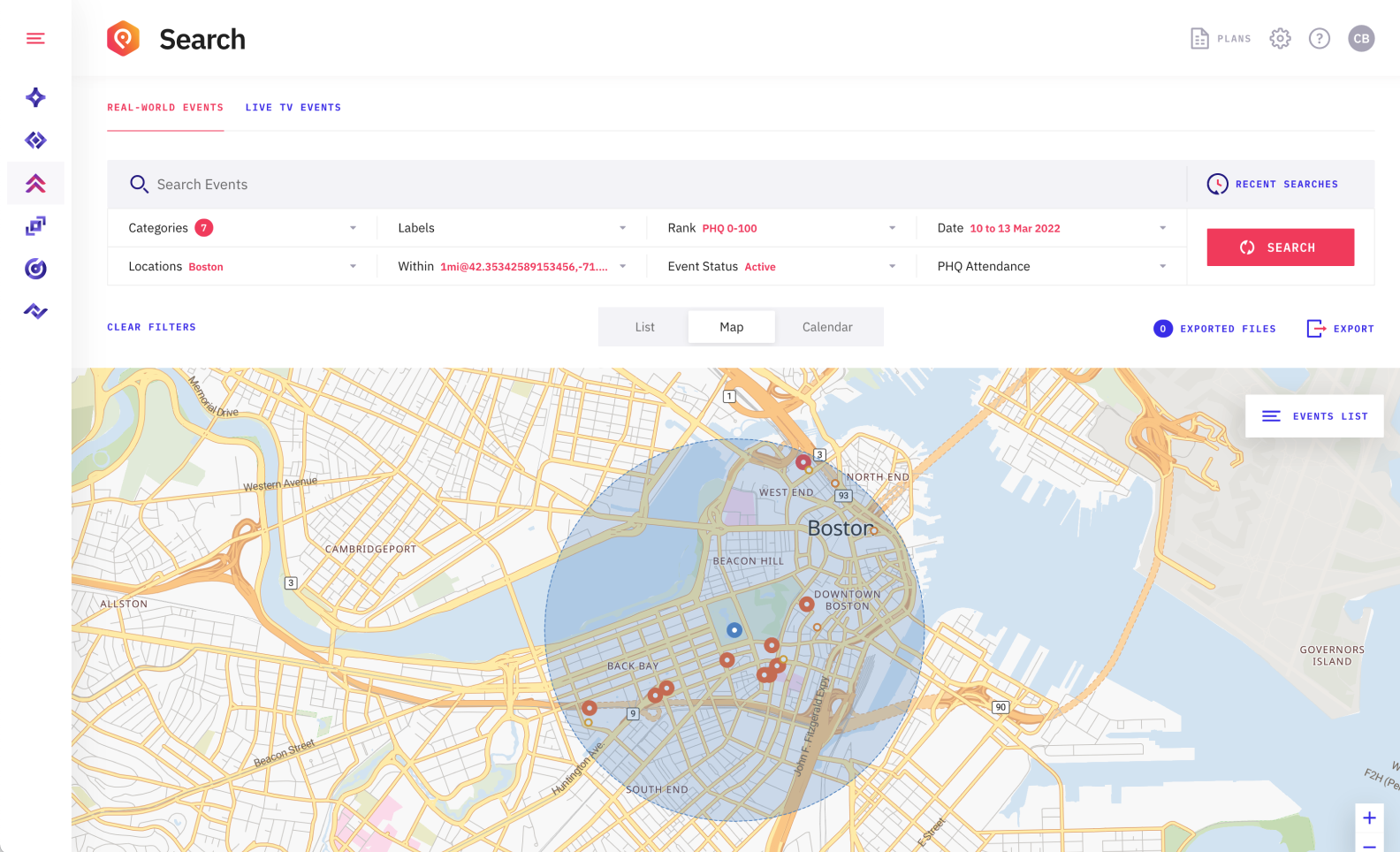
Demand intelligence can also enable teams to assess longer-term bids. For example, with accurately predicted attendance for future events, you can more accurately predict the minimum of customers coming in to park over the next 12 months. Long term bids like these can decrease costs by a few percentage points – but you’ve got to be positive of what’s coming.
Our systems find, verify, and rank half a million events every month. Each event goes through a rigorous pipeline to address errors and ensure the highest level of accuracy. Our data is backed by depth and variety of sources, accuracy and detail, spam removal, categories, and much more to ensure all data you get from us is ready to use for forecasting.
2 quick ways to get value from our demand intelligence today
1. Build demand surge notifications around your parking lots of interest
For instance, taking the parking location above 75 Park Plaza in Boston, we’ve created the following notification configuration with the following settings:
1 mile radius
5,000 predicted attendance threshold
Shareable configuration settings here
So essentially, you’d get a notification when the aggregate predicted attendance is above 5,000 people within a 1 mile radius of 75 Park Plaza.
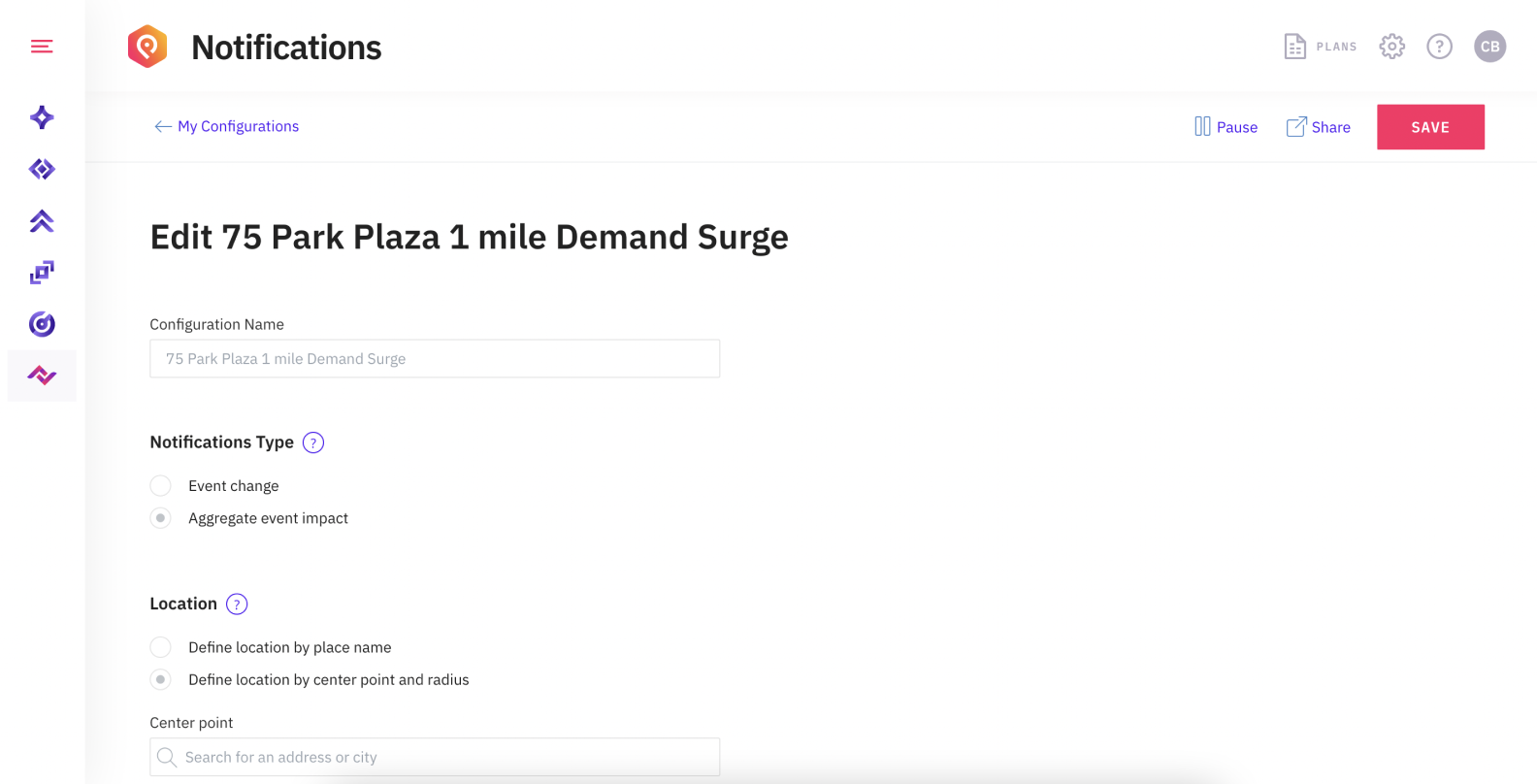
2. Create a calendar for instant visibility into events impacting you
Quickly use our calendar end-point to start populating a centralized calendar with events which are specific to a location, time, and radius. Meaning everyone in your business can have lightning fast, up to date, accurate access to events impacting your parking.
These are just two quick ways you can get started today so your parking business stays ahead of the curve. But there are many more ways in which you can continue to innovate, such as using our Features API to integrate our intelligence within your forecasting and dynamic pricing projects for greater accuracy and pricing elasticity.



